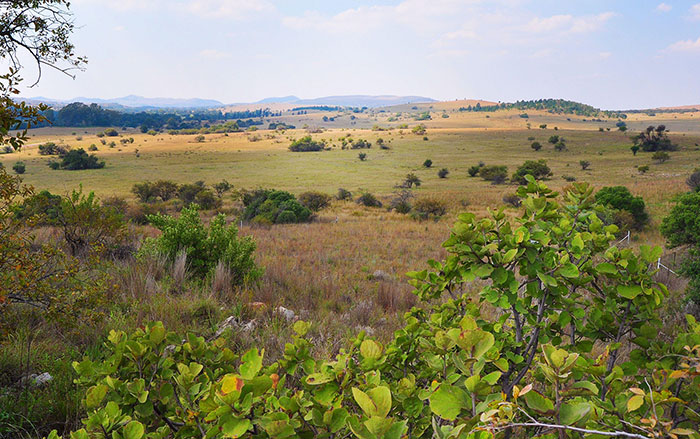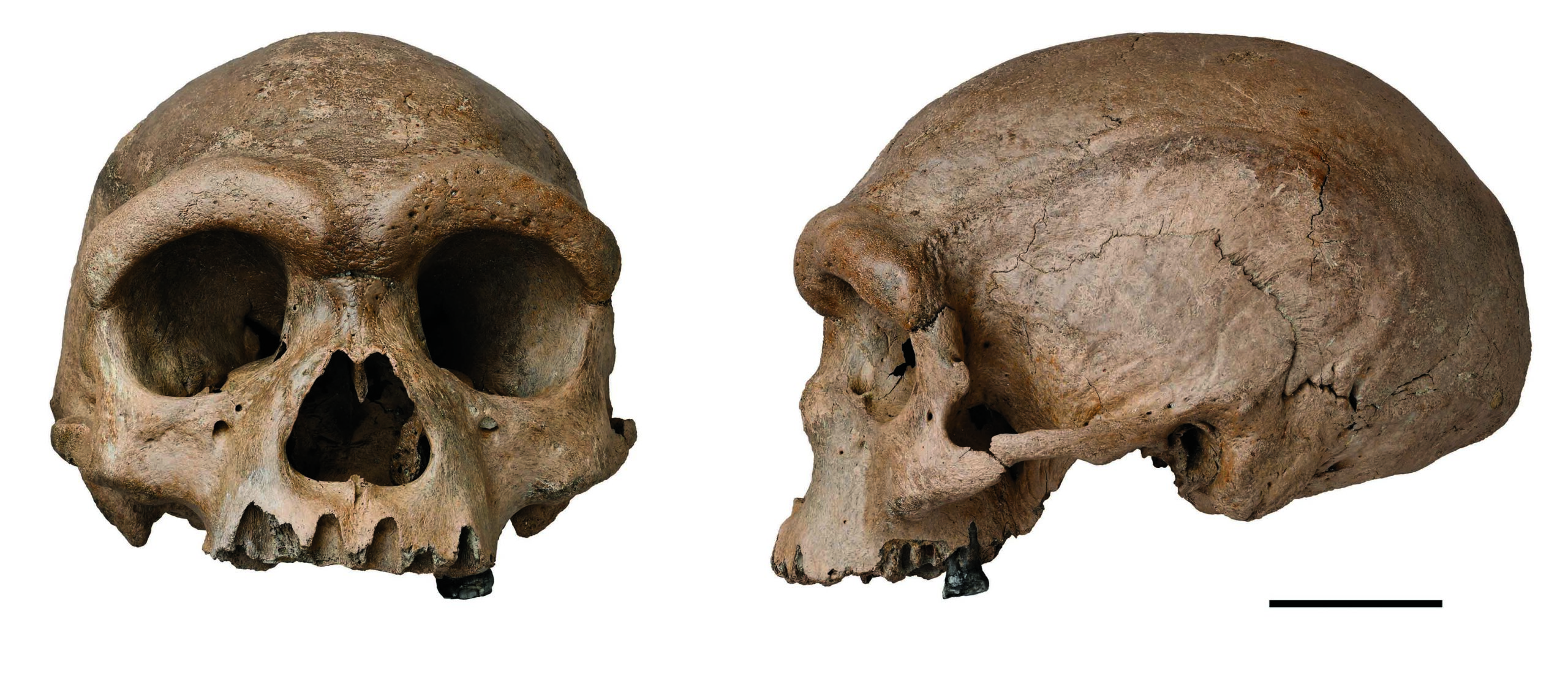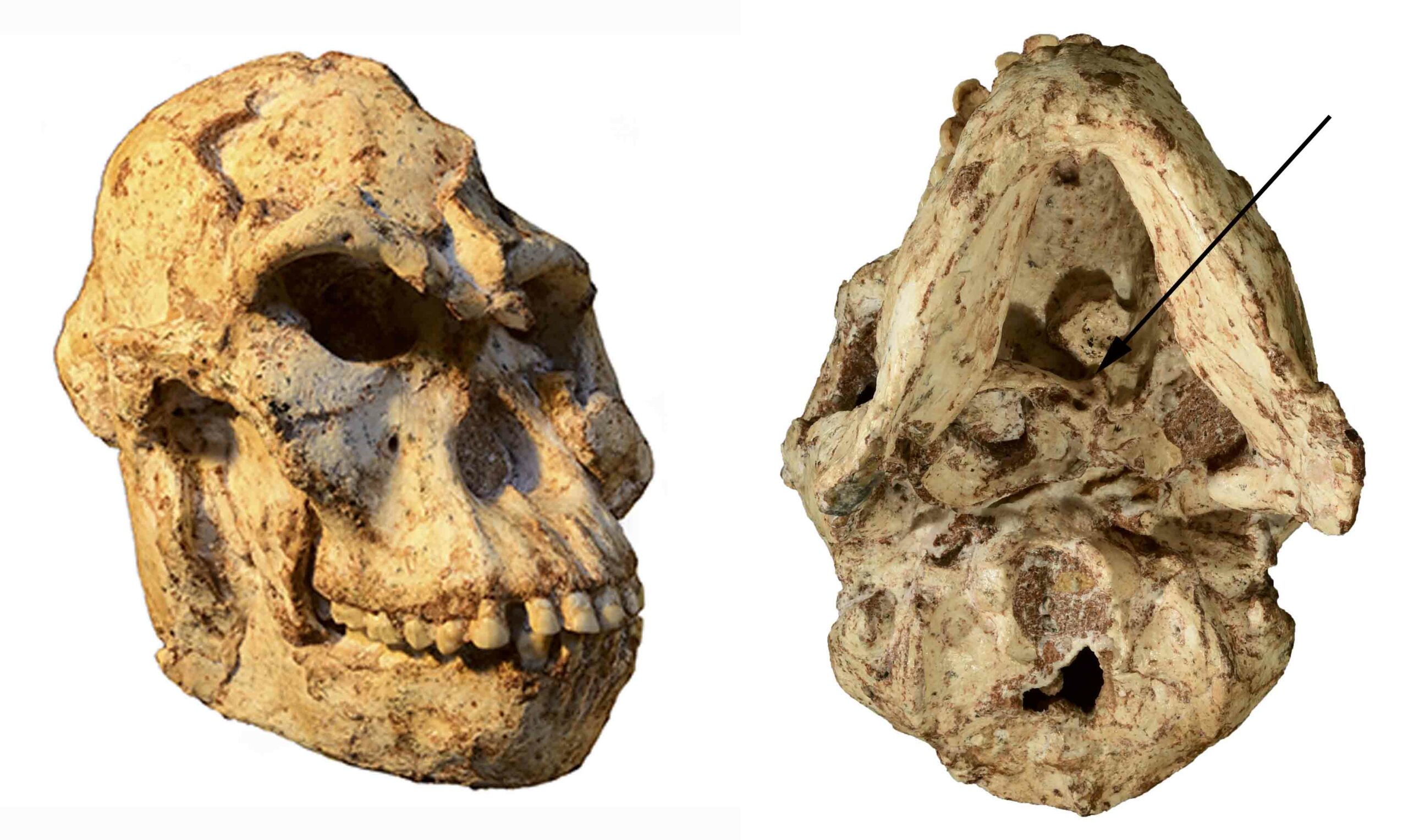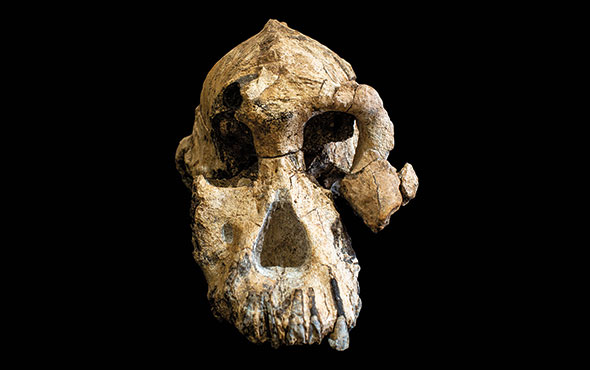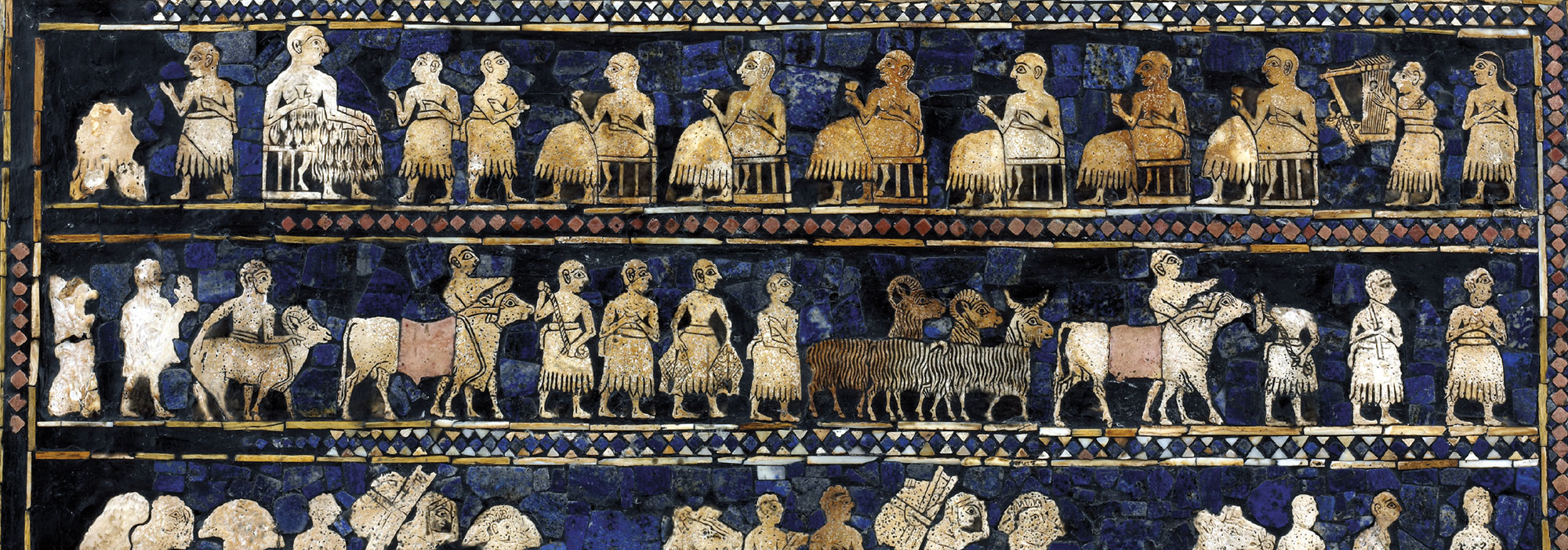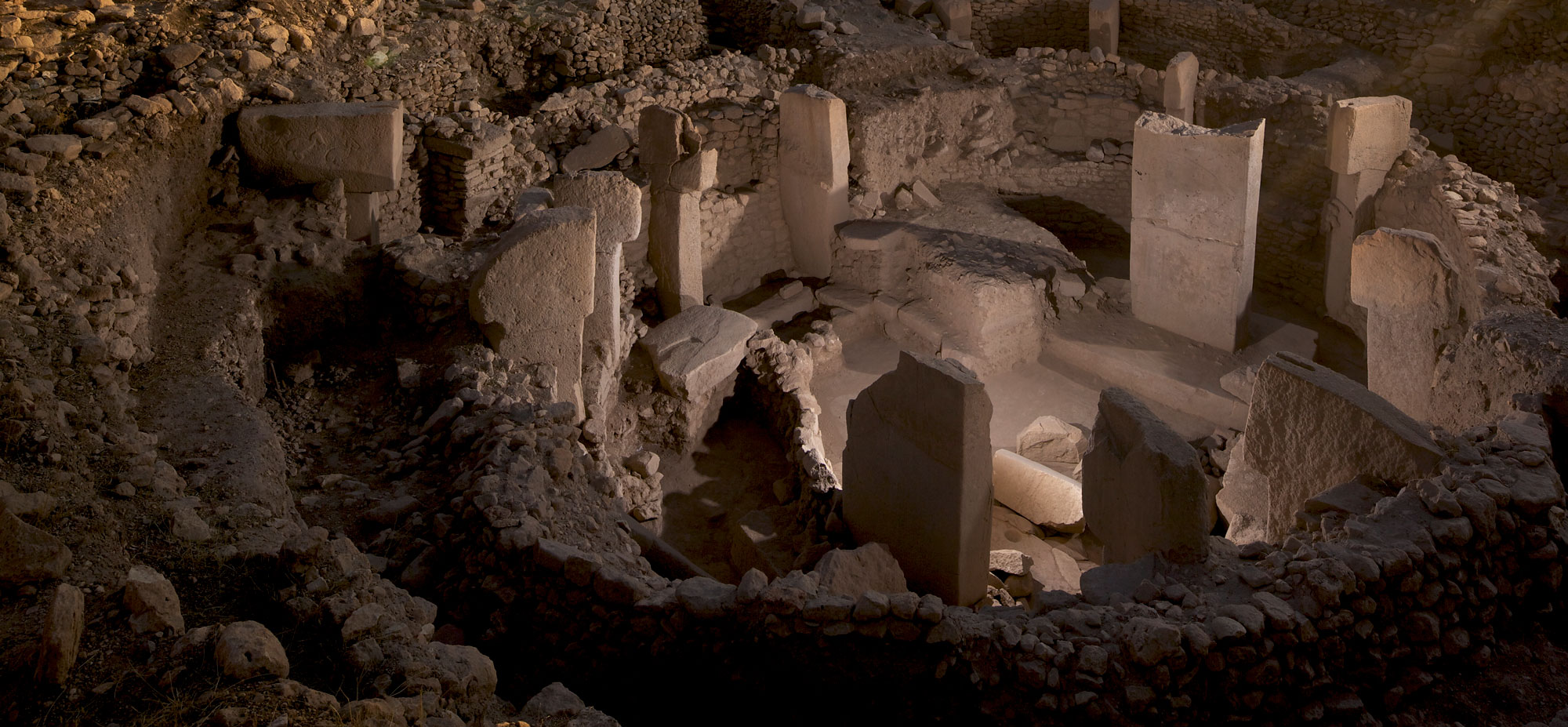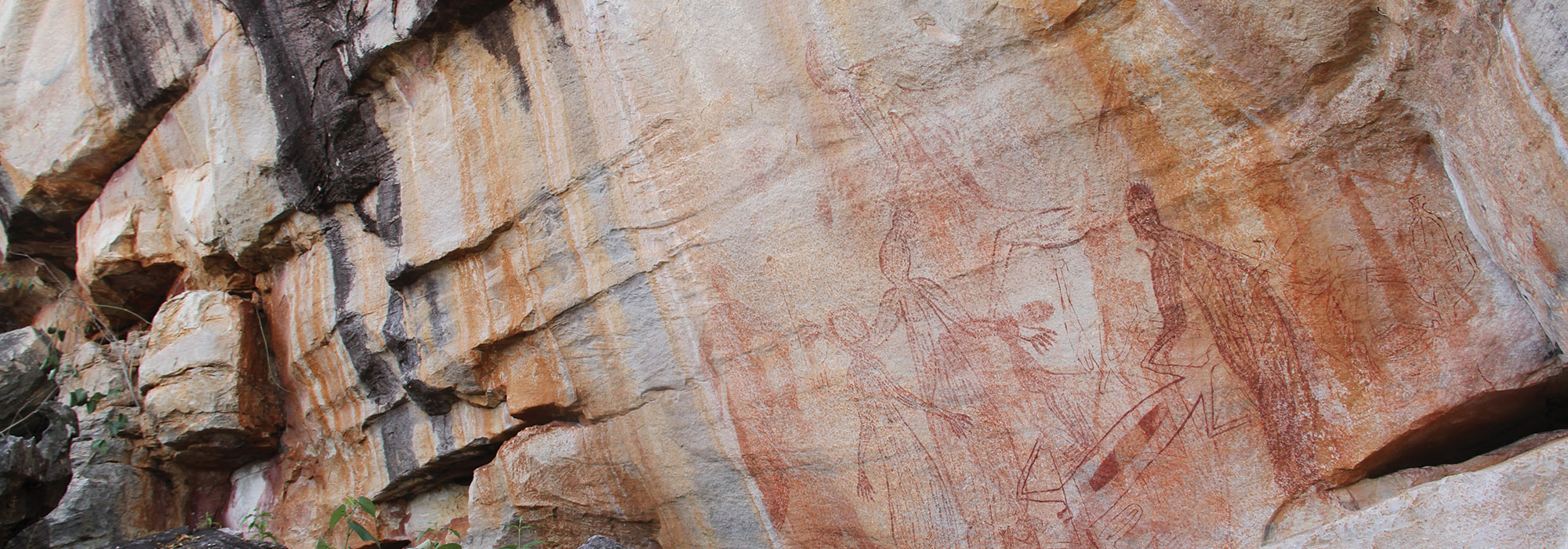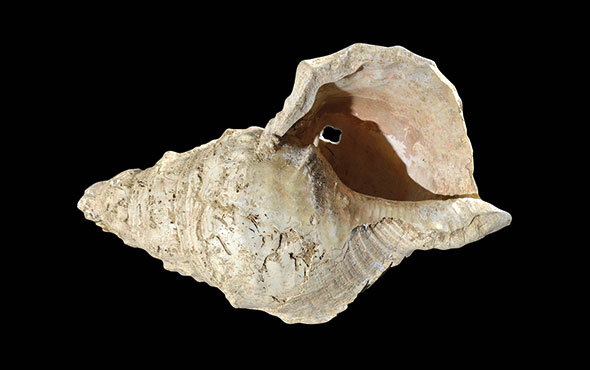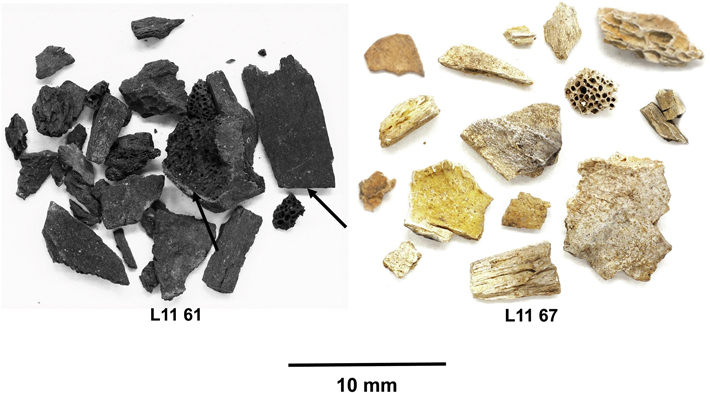
LEIDEN, NETHERLANDS—According to a statement released by Leiden University, a new study of fire-building techniques employed by hominins in Israel, Africa, Europe, and China claims that early humans exchanged knowledge and skills via social networks some 400,000 years ago. Team member Katharine MacDonald explained that similar combinations of charcoal, carbonized bones, and stones subjected to heat were found at the various sites, and suggested that hominins may have transferred fire-building techniques and knowledge of raw materials when different groups came in contact with one another. The same sort of spread has been observed in the presence of Levallois-style tools at Old World archaeological sites, she added, just as genetic studies also indicate that hominin populations came into contact with one another. It had been previously thought that modern humans first shared information through cultural diffusion just 70,000 years ago. To read about how North American hunter-gatherers used fire to manage the landscape, go to "Letter from California: The Ancient Ecology of Fire."


